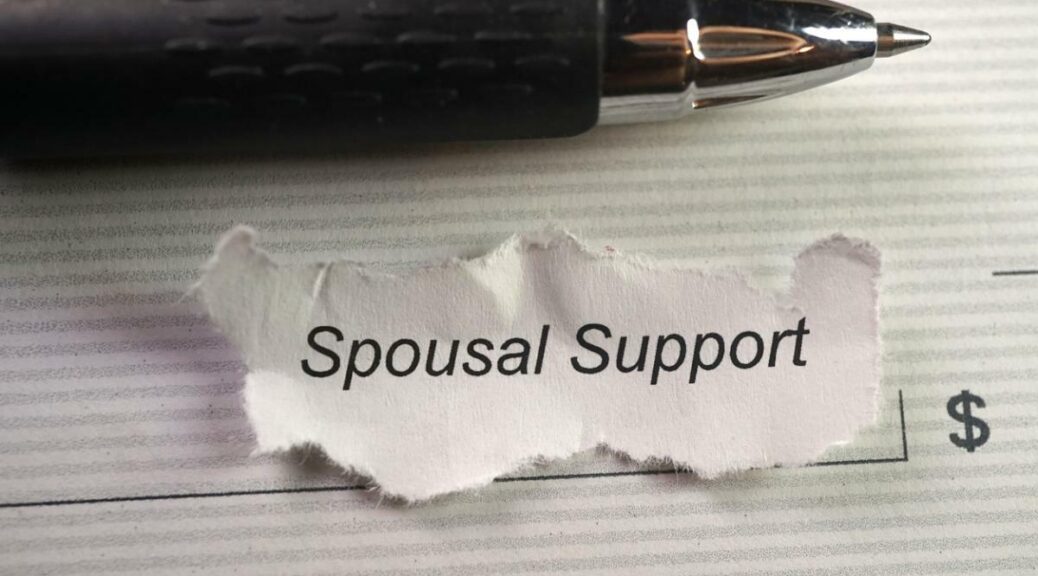Child support is a significant obligation that the State of California takes very seriously. Payers and recipients must follow established guidelines to meet legal requirements and adequately provide for their families. Questions often arise about how child support affects federal and state income taxes. Certified Family Law Specialist Judy L. Burger shares more about child support and your taxes for 2024.
Child Support 101
In California, child support is an important element of family law that provides for the welfare of children following their parents’ separation or divorce. Child support is calculated using a detailed formula that considers the income difference between parents and the amount of time the higher-earning parent spends with the children.
If there is a significant income gap and the higher-earning parent has less parenting time, they are typically required to pay more in child support. This guideline is used in a range of situations, such as divorces, cases involving unmarried parents, dissolution of domestic partnerships, and requests to modify existing support orders.
California Child Support Attorney Judy Burger can help you calculate your child support obligation and handle other matters pertaining to divorce, custody, and spousal support.
How Does Child Support Affect Taxes?
When it comes to child support and taxes, there are a few key points to keep in mind:
- Child support payments are not deductible for the paying parent.
- Child support is not considered taxable income for the receiving parent.
- The custodial parent (the one the child lives with for the greater part of the year) can claim the child as a dependent on their tax return. However, there are specific rules and exceptions.
- The noncustodial parent may only claim the child as a dependent if the special rule for a child of divorced or separated parents (or parents who live apart) applies.
- A custodial parent may claim the child tax credit for a dependent child.
- A noncustodial parent may be eligible to claim the child tax credit for his or her child if he or she is allowed to claim the child as a dependent and otherwise qualifies to claim the child tax credit.
Generally, paying or receiving child support does not impact your tax burden. If you’re unsure about how child support may impact your taxes, it’s always a good idea to consult with a tax professional who can provide personalized advice based on your specific situation.
Child Support Modifications and Taxes
It’s important to note that if your income changes by 20% or more, a review may be required to determine whether it affects the amount of child support you need to pay or receive. This can also impact how you calculate your tax burden. Income changes that can warrant support modifications include:
- Increases: Increases may raise your payments.
- Decreases: Decreases may reduce your payments depending on the nature of the decrease.
- Job loss: If a parent loses a job, the court may temporarily reduce payments until they secure new employment, then make a more permanent determination.
- Self-employment: This type of employment can fluctuate, requiring adjustment or modification.
- Retirement: This often makes significant changes in income, usually decreases, and will require an adjustment.
Any changes to child support payments must be agreed upon by both parents and approved by the court. Remember, regardless of any increases or decreases in your obligations, child support is not deductible on California or federal taxes for either the payor or the recipient. It’s advisable to seek the assistance of family law attorney Judy Burger to navigate this process and ensure that your child’s best interests are met.
California Child Support Attorney
When you need help from a California Child Support Attorney, choose Judy L. Burger. As a Certified Family Law Specialist, she has the knowledge, tools, and experience to help you with complex support, custody, and maintenance issues that impact your family’s well-being. We have eight offices throughout The Golden State for your convenience. Contact the one nearest you to schedule a consultation today.




